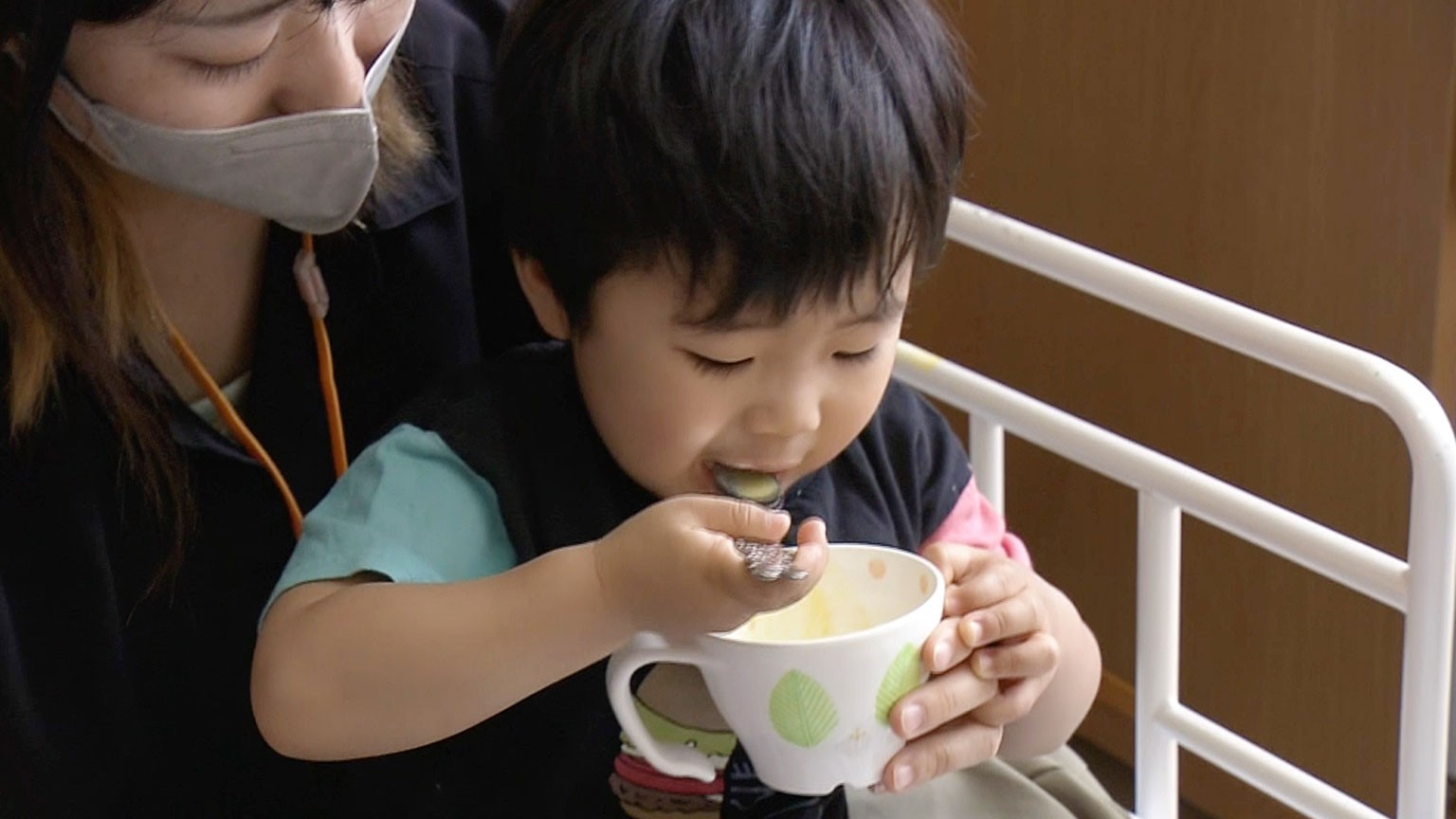In Japan, 6.3% of children from elementary school to high school have food allergies, and the number has been increasing. The most common sensitivity is to chicken eggs.

"Mom, I want a cookie!"
Mukuge Tomoki demands this of his mother, Erika. But she cannot let him have one.
That's because the boy, an energetic 3-year-old, is severely allergic to eggs.

Erika discovered this when Tomoki was about 10 months old. Whenever he ate sweets containing eggs, he developed a rash around his mouth.
Later, eating even a tiny amount of egg would cause him to vomit and break out in hives all over his body.
Tests at a specialist hospital revealed that he had a severe egg allergy. The doctor said eating eggs could even be fatal in some cases.
The family's life changed drastically.
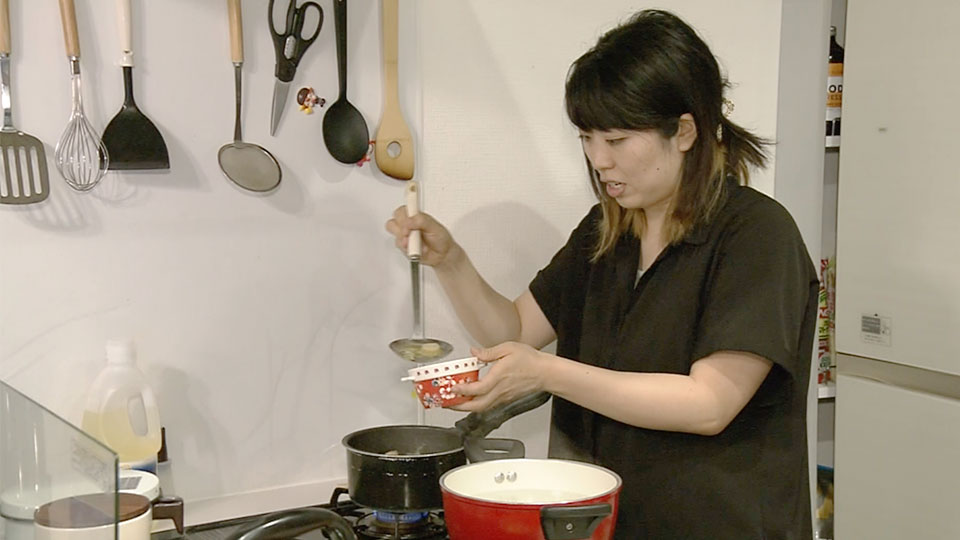
Erika now always checks the ingredients label when shopping and again before cooking. Sometimes, due to manufacturing changes, food items that originally did not contain eggs have had them added as an ingredient.
Now that Tomoki has started to open the refrigerator and take food out himself, Erika has to be especially careful.
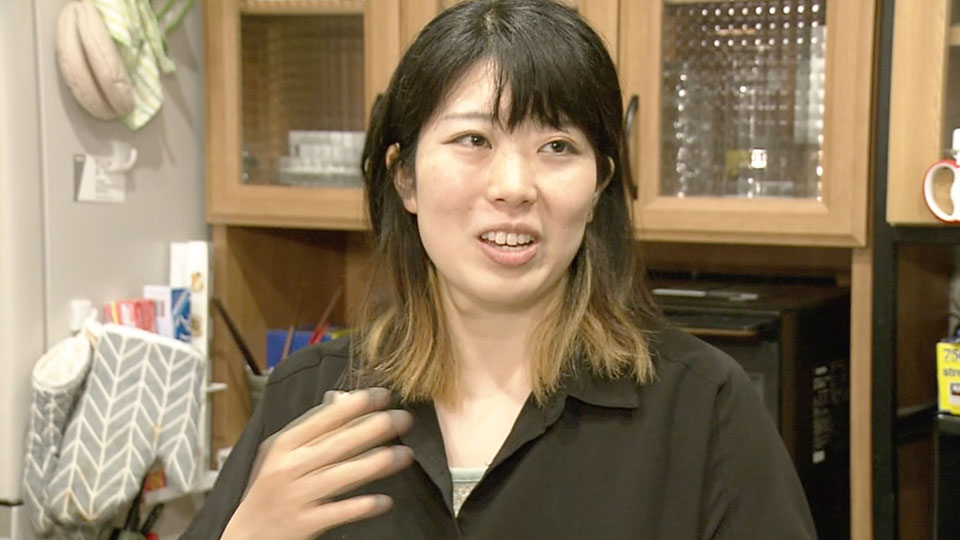
"I would be very happy if we could share delicious foods and feelings together," Erika says.
According to a survey conducted by the Consumer Affairs Agency in the 2021 fiscal year, one-third of people with food allergies are allergic to chicken eggs.
Hiroshima University and Kewpie, a major Japanese food manufacturer known for its mayonnaise, are jointly researching the development of non-allergenic eggs.
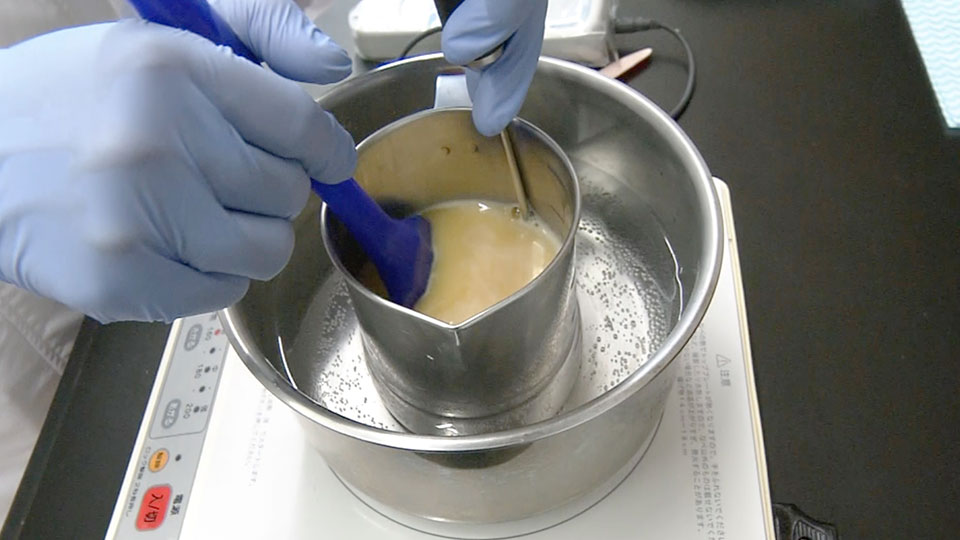
Egg allergies are caused by several proteins in eggs, but most of them can be heated enough to not provoke reactions. However, this does not happen with a protein called ovomucoid.
To remove this protein, researchers used genome editing, which can stop the function of a targeted gene by pinpointing it in the DNA sequence.
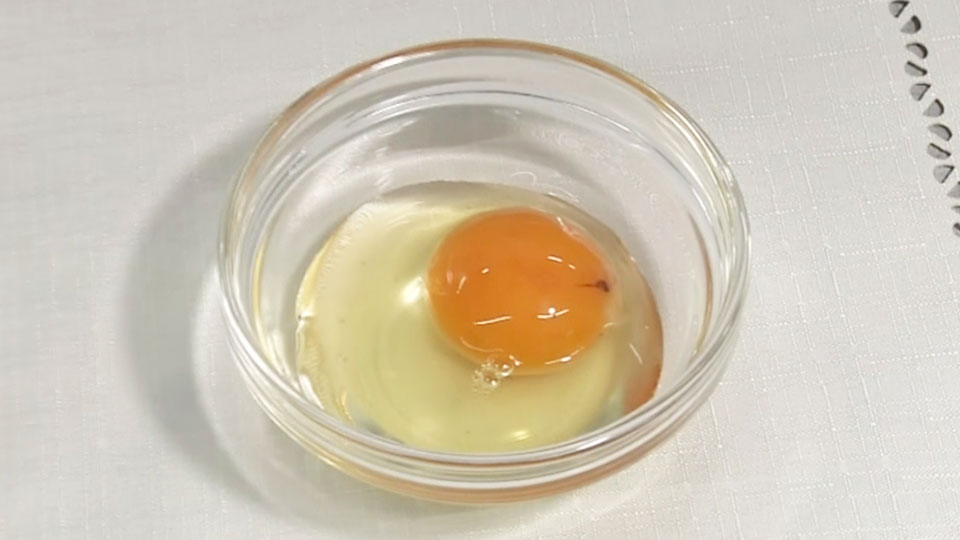
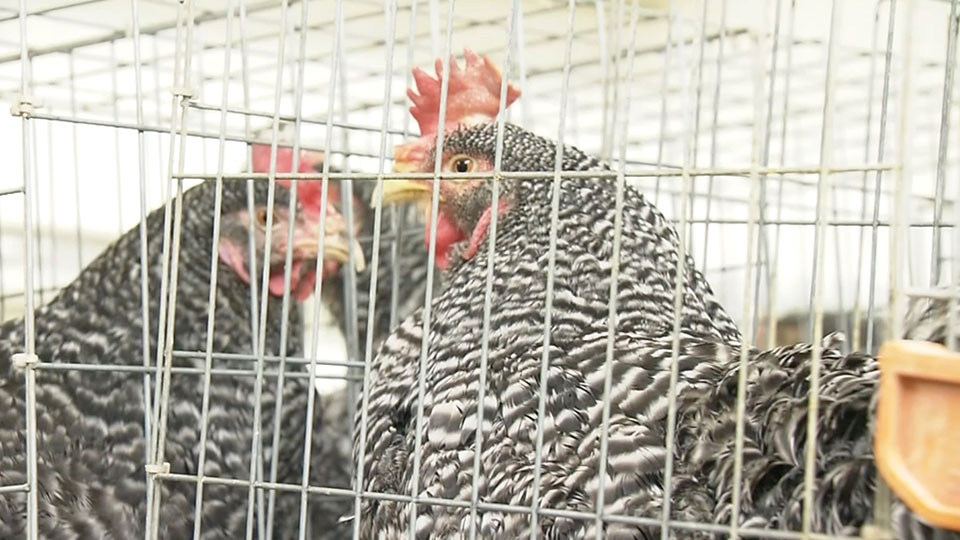
In 2020, after seven years of research, they succeeded in producing chickens without the protein. Then in 2023, they verified that the eggs laid by the chickens did not contain ovomucoid and that genome editing had not affected other genes, thus confirming the safety of the eggs.
A clinical trial to see if children with egg allergies can eat these has begun at the Sagamihara National Hospital in Sagamihara City, Kanagawa Prefecture. The trial uses a powder made by heating eggs that do not contain the protein.
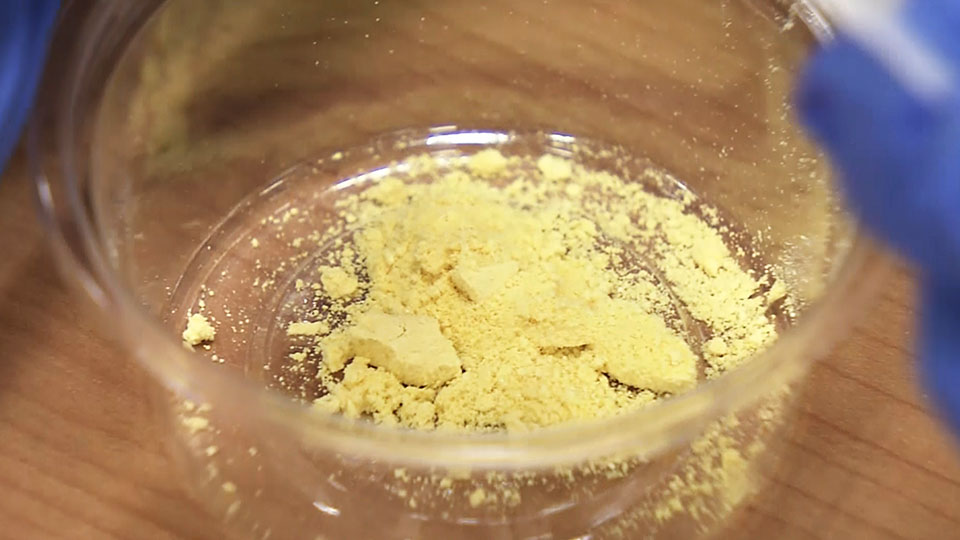
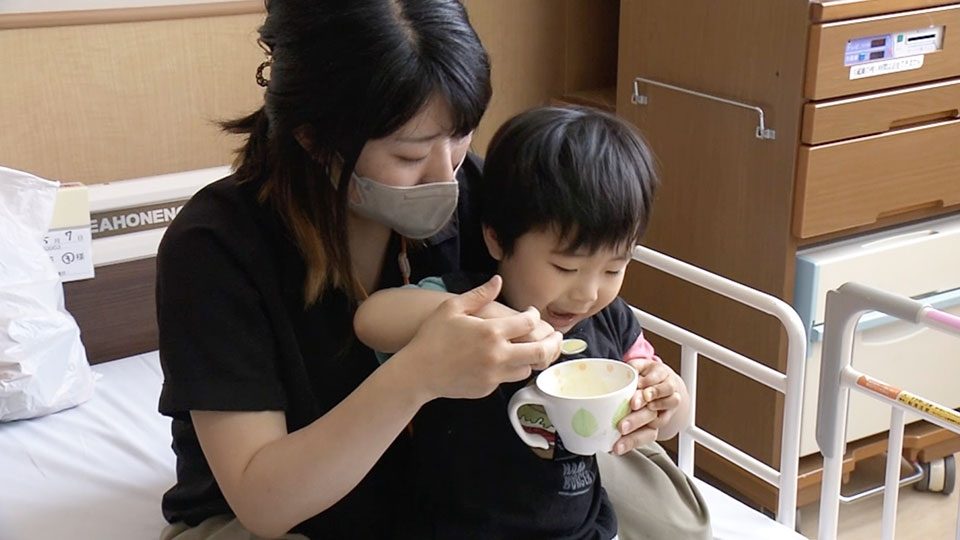
Tomoki participated in the trial, eating powder that was the equivalent of one 25th of an egg - the amount that would provoke an allergic reaction for him.
The doctor monitored him for any signs of change. But two hours passed, and Tomoki showed no allergic symptoms.
Erika hopes she and Tomoki will be able to enjoy various dishes using these eggs in the future.
Tomoki is also full of excitement.
"I want to eat eggs," he says. "I want to crack open an egg and make a fried egg."
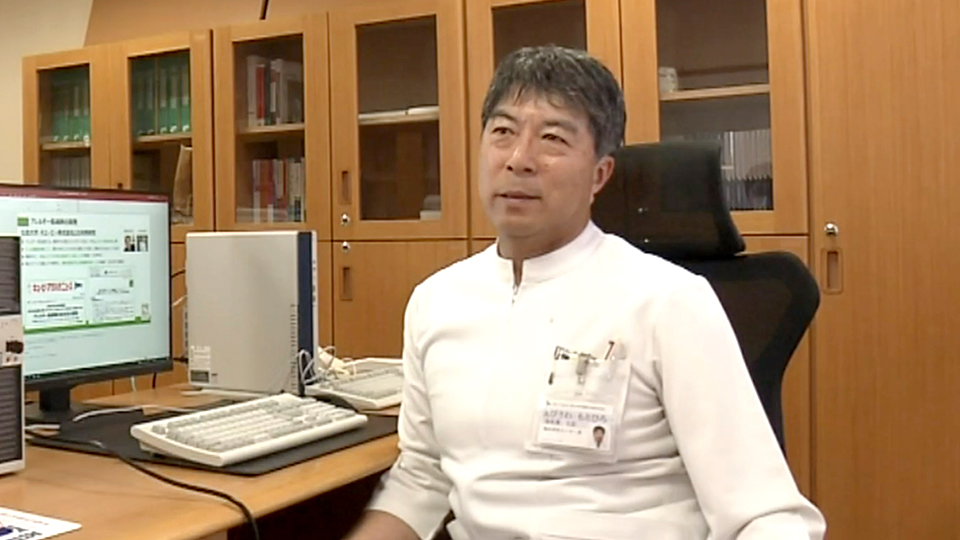
Ebisawa Motohiro, a doctor representing the clinical trial, said that if this technology is put to practical use, it could lead to help for food allergies caused by things such as milk, wheat, tree nuts and peanuts.
The hospital hopes to test the technology on about 60 people by the spring of 2026 to verify its safety.
The research group is also working on a menu of items using these eggs.
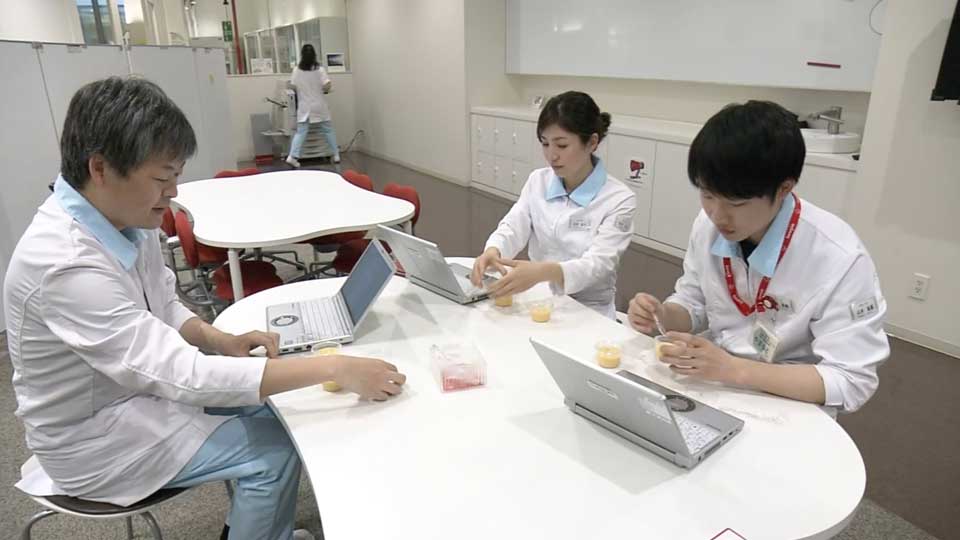
The newly developed eggs tend to be slightly firmer than normal eggs when heated, so researchers are repeatedly tasting the eggs and things made from them to improve the texture.
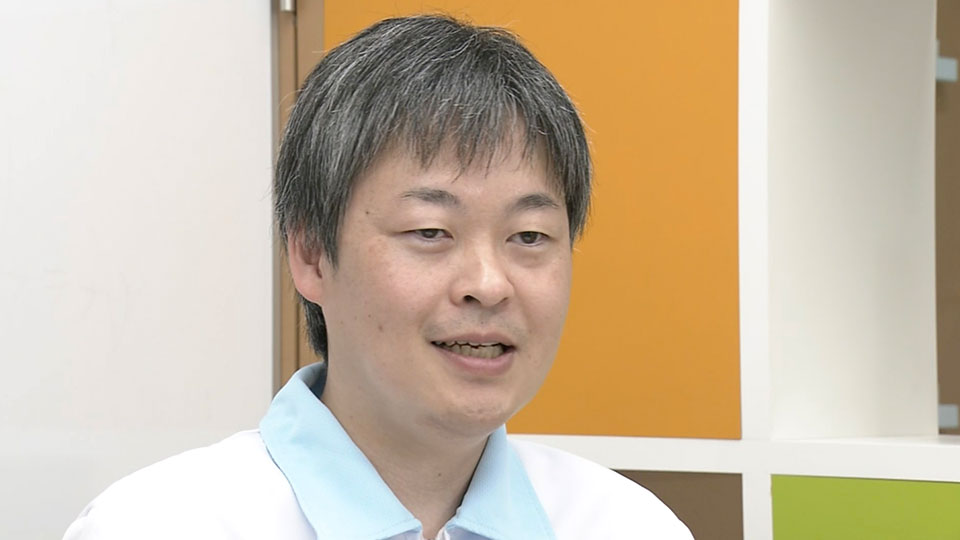
Kodama Daisuke, who works in the research and development division at Kewpie, says they want to keep trying so children who have never eaten eggs can enjoy the same treats as other youngsters.
One of the menu items is pudding.
